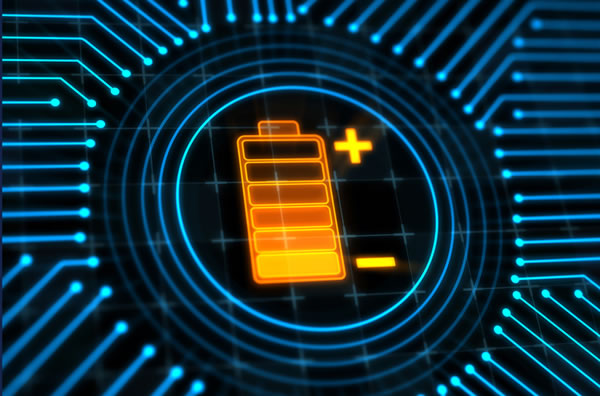According to foreign media reports, a study by the University of Birmingham in the UK shows that magnetic resonance imaging (MRI) technology can effectively support the development of next-generation high-performance rechargeable batteries.

(Source: University of Birmingham)
This technology was originally developed to detect the movement and deposition of metallic sodium ions in sodium batteries. It can also be used to speed up the evaluation of new battery materials and help accelerate the launch of sodium batteries.
It is generally believed that sodium batteries are expected to replace lithium-ion batteries, which are currently widely used in portable electronic products and electric vehicles. The materials needed to produce lithium-ion batteries are very critical strategic elements. Therefore, researchers are working hard to develop alternative materials and more sustainable technologies.
Although sodium seems to have many characteristics for producing high-efficiency batteries, there are still challenges in optimizing its performance. One of the key challenges is to understand how sodium behaves in the battery's charging and discharging behavior, thereby identifying failure points and degradation mechanisms.
Dr. Melanie Britton of the Department of Chemistry at the University of Birmingham led a team in collaboration with researchers at the University of Nottingham to develop a technology that uses MRI scans to monitor how sodium behaves in situ on site. The research team also includes scientists from the Energy Materials team at the School of Metallurgy and Materials at the University of Birmingham and Imperial College London.
The imaging technology allows scientists to understand how sodium behaves when it interacts with different anode and cathode materials; it can also monitor the growth of dendrites. Over time, this tree-like structure will grow inside the battery, causing the battery to fail or even catch fire.
The MRI scanning technology provides information on how the battery components change during the operation of the sodium-ion battery, which is currently not available through other technologies. Therefore, this technology allows scientists to determine the method of detecting the failure mechanism when the battery fails, so as to understand how to manufacture a battery with a longer life and better performance. (Yu Qiuyun)
Furniture Hardware,Wardrobe Drawer Door,Hardware Accessories Metal,Furniture Hardware Kitchen Cabinet
ChongQing Troya Hardware Manufacture Co., Ltd , https://www.troyahardware.com